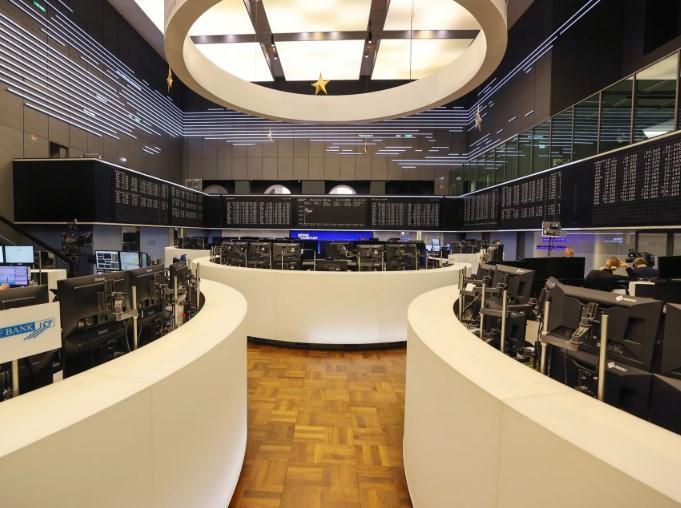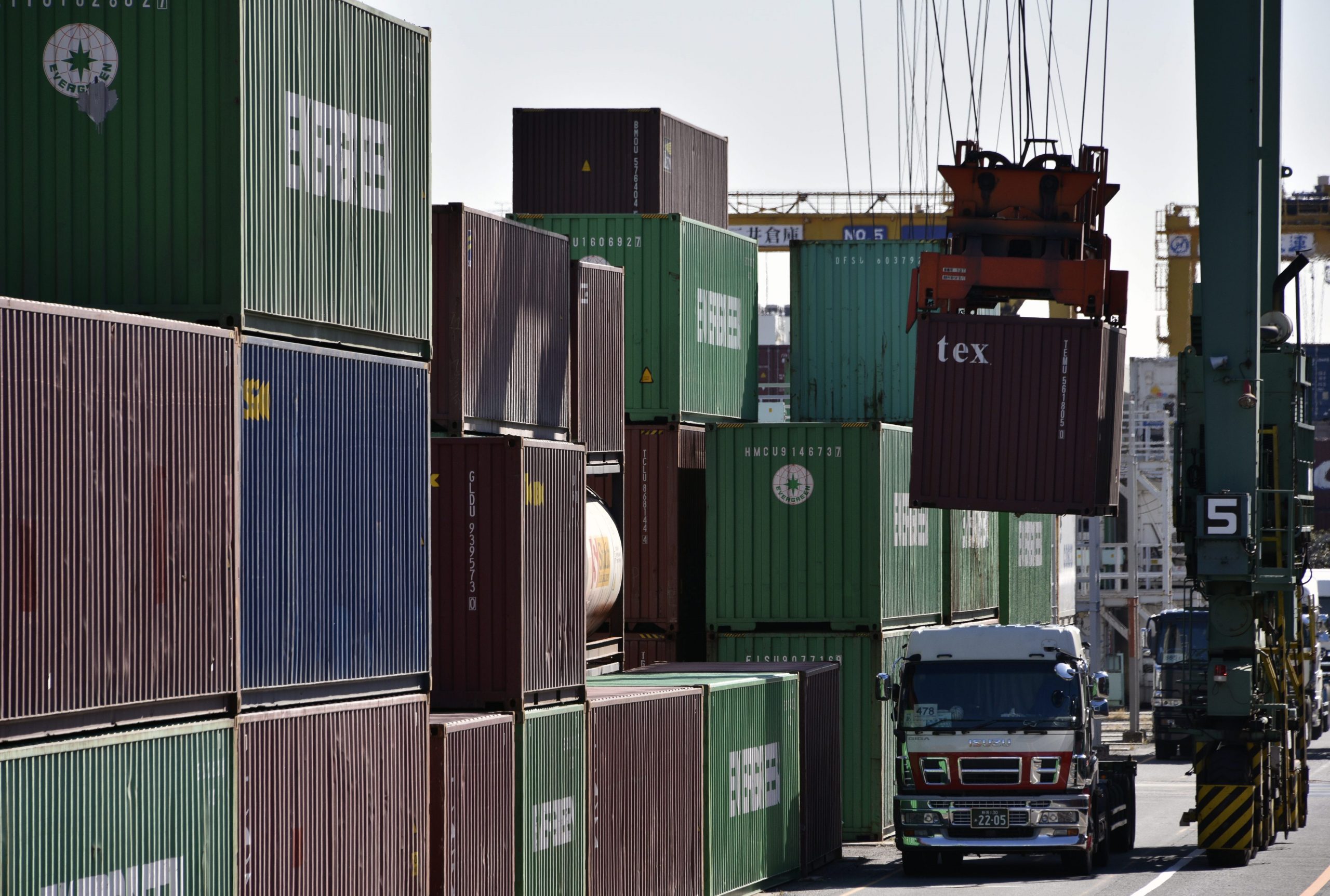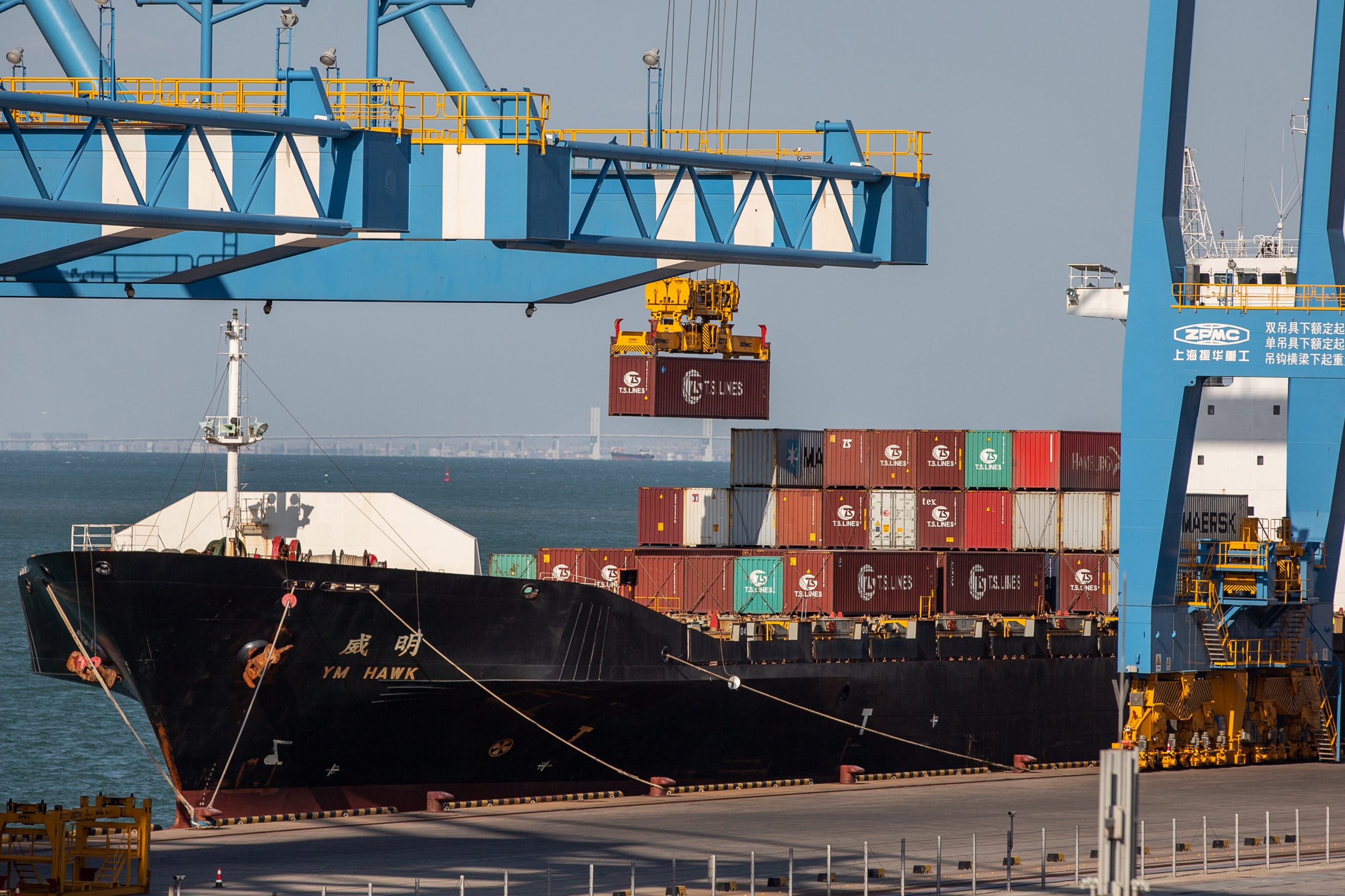The German News Agency (RND) looks into Greece’s adoption of a six-day workweek, highlighting potential lessons for Germany while dispelling the unfounded stereotype of “lazy Greeks” dating back to the crisis era.
In fact, nowhere else in the EU, aside from possibly Poland, do people work more hours than in Greece, the report notes. Now facing a shortage of skilled workers, Greece’s conservative government is set to implement the six-day workweek starting July 1, offering bonuses to those who opt to work an extra day each week.
The publication underscores Greece’s acute labor shortage despite its high unemployment rate, second only to Spain in the EU. With 521,295 people unemployed as of April, constituting a 10.8% unemployment rate, industries, particularly tourism, are in search of approximately 65,000 workers. This sector remains a pivotal driver of growth in Greece’s economy, with nearly one in five positions remaining vacant.
RND reports that the new law incentivizes overtime work, providing a 40% pay increase for those willing to work a sixth day per week. Moreover, compensation escalates to 115% for work done on Sundays or public holidays under the new legislation.
Greeks Work Above the EU Average
Contrary to misconceptions, official Eurostat data for 2023 reveals Greeks as among the hardest-working in Europe, averaging 2,000.1 hours annually—surpassing all but Poland within the EU. In 2022, Greek full-time employees led Europe with 41 weekly hours, compared to the EU’s 37-hour average and Germany’s 34.7-hour norm.
Despite these long hours, the economic benefits for Greek workers are limited. The average gross wage in 2023 stood at just 1,251 euros, with 31% of workers earning less than 800 euros gross. This income disparity reflects a broader crisis-era trend, with real wages still 27% below 2010 levels and Greeks having only 67% of the EU’s average purchasing power.
To cope with these challenges, many Greeks take on second jobs, often in the informal economy.
Source: tovima.com












![Φορολογικές δηλώσεις: Να πάρω «φορολογικό διαζύγιο» ή όχι; [Μέρος 2ο]](https://www.ot.gr/wp-content/uploads/2026/02/efor.jpg)


























